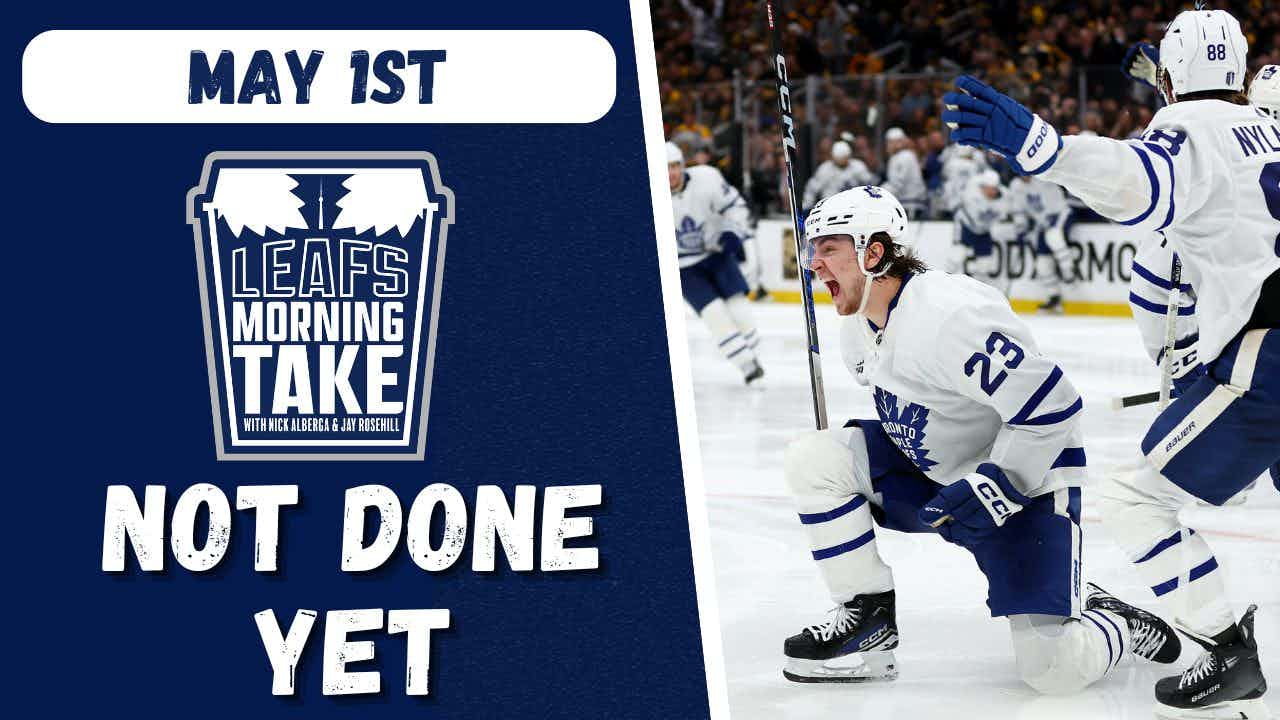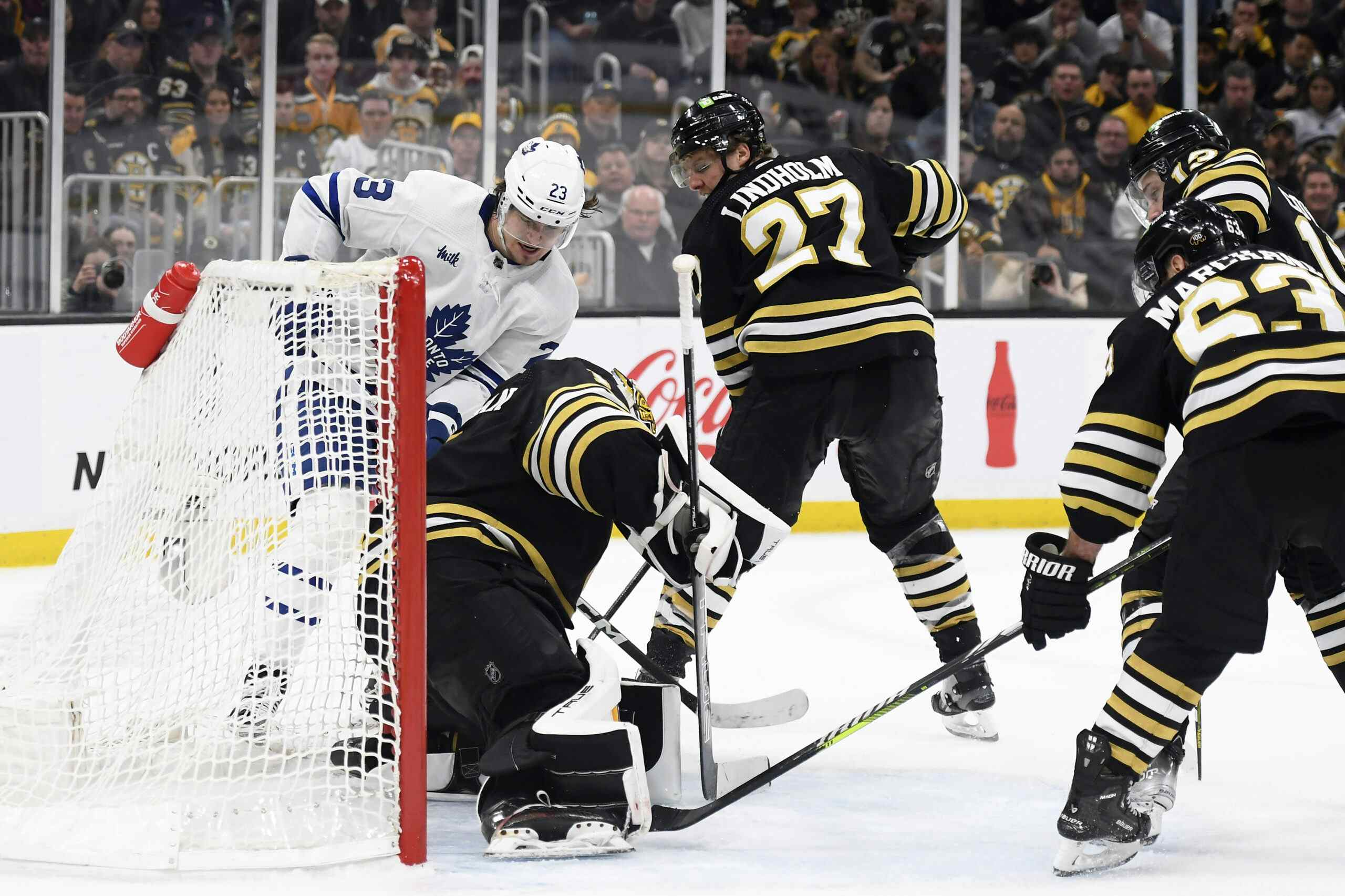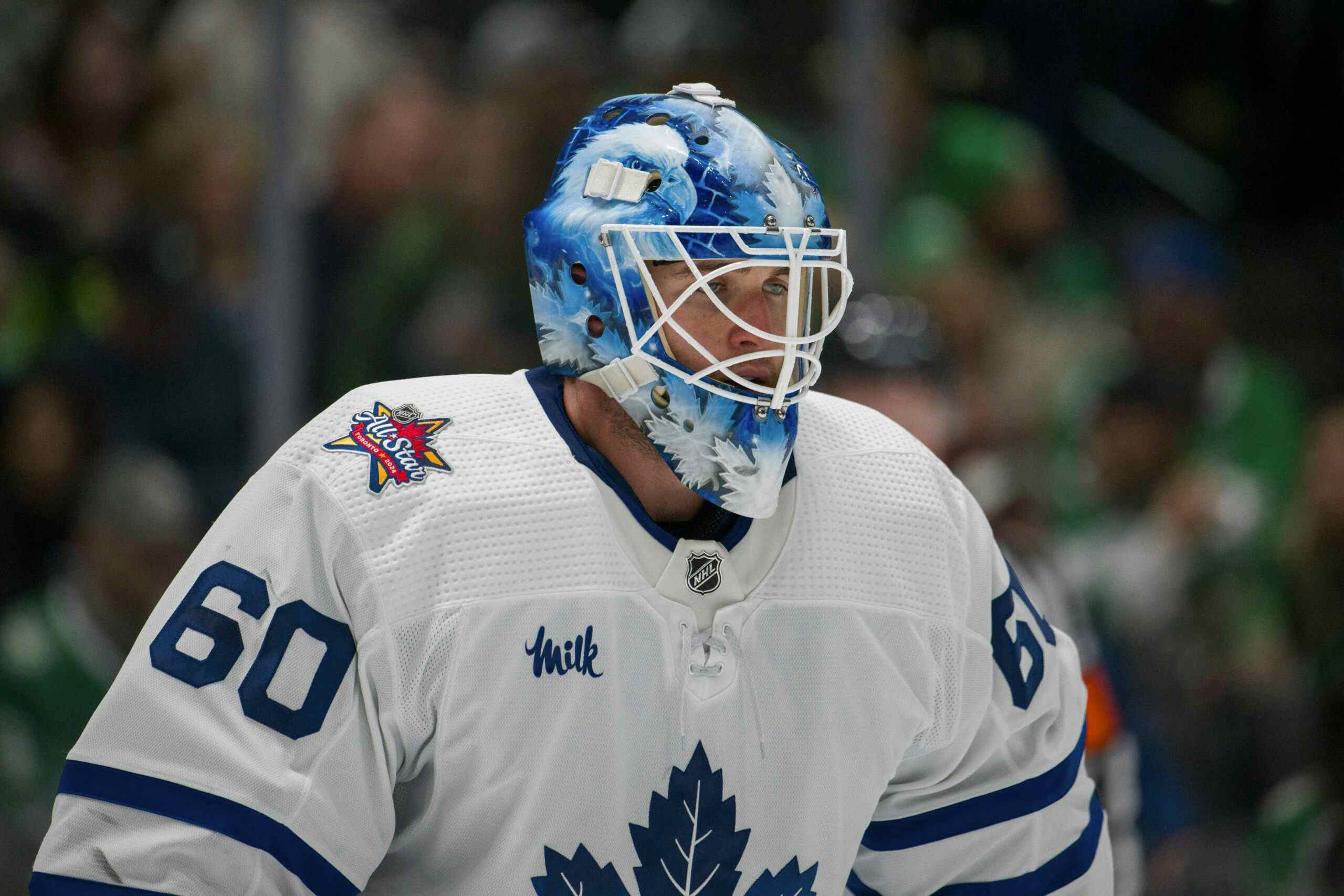The Thing About Advanced Stats
By JP Nikota
11 years ago
It’s not as though I was a reluctant convert to advanced statistics.
Heck, I’ve tried to come up with one or two of my own.
But I can’t help but notice how antithetical advanced statistics are to traditional hockey player ideologies.
When thinking about hockey, I actually completely separate the logic I use to analyze the game from that which would govern my actions on the ice or as a part of a team. Perhaps it’s unusual – even simplistic – to perceive things as such a neat-and-tidy binary, but I can’t see any way of synthesizing these two paradigms. There is no String Theory solution to reconcile all this.
For example, as a player, I learned a particular set of values. The team comes first, with no exceptions. You have the proverbial back of all your teammates in any situation. You will win as a team and lose as a team, and any kind attempt to single out a teammate (especially goaltenders) would result in a shouting-down and maybe a benching.
Advanced hockey statistics, on the other hand, generally try to finely splice and quantify a player’s value as independently from other teammates’ or opponents’ numbers as possible. Even the calculation of Quality of Teammates and Quality of Competition suggests, somewhat ironically, that players should be judged next to their teammates – a rather odd (read: awkward) thing to make explicit if you’re actually on someone’s team. This flies in the face of the ‘team first’ mentality that is driven into players from the first time they put on skates.
Another great example is the statistical term ‘luck’. It’s difficult for traditional hockey-types to get their head around, and it’s no wonder. The word ‘luck’ implies a measure of undeserving, which, to hockey players that have probably spent their Gladwellian 10,000 hours practicing, is tough to accept under specific circumstances. Sure, most NHLers would readily admit to being lucky to be in the league, but I wouldn’t want to be the one to tell Nikolai Kulemin he’d been "lucky" to put up 30 goals in 2010-11. You can see why this would lead to awkwardness; he’s worked incredibly hard all his life for all this luck.
Other qualities that we often ignore as being ‘intangible’ are also a tremendous part of being a team. My favorite times in hockey were all when I felt accepted and a part of a group. Telling me that my good friend and linemate is a coattail-riding bum because of his Corsi stats would probably end with traditional fisticuff dance.
Finally, while listening to player interviews can be tiresome – the platitudes about effort, ‘sticking to the plan’, or doing what it takes to win (even while sitting on the bench) – seem like easy answers to dismiss the interviewer. But if you’ve watched either of HBO’s 24/7 series, you’d understand that NHL players don’t just say those things. Whether or not they believe them, they live them, and abide by them as a strict moral code. At least, the good ones do. "Heart", "leadership", and even the grammatically inferior "compete level" are all-important elements of playing the game, but not of analyzing it.
Being a passionate fan as well as player often makes for conflicting emotions while watching a game.
I love to see cheap-shotting crumbums their comeuppance in a fight, but the more analytical side of me recognizes the uselessness (and physical toll) of a duel.
I love hoping against hope that late-round draft picks will blossom into top-tier NHLers, yet recognize the statistically slim chance of it ever happening.
I love hoping my team will win a Cup someday even though they’re the Toronto Maple Leafs. I’ll defend them to the death, with and without advanced statistics.
Recent articles from JP Nikota





